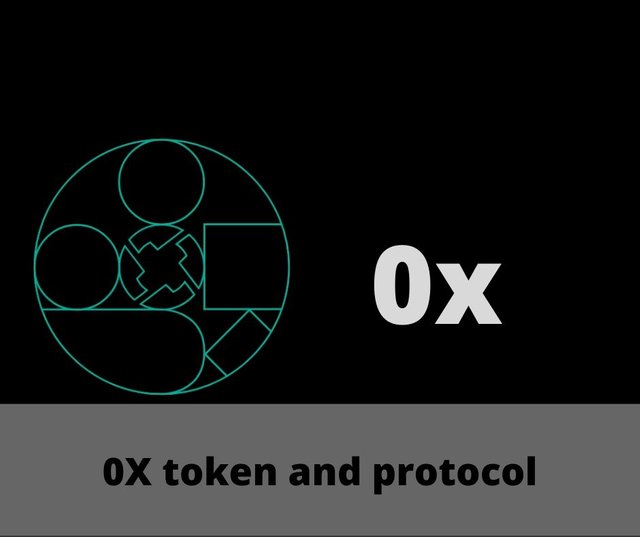
The 0X token and protocol is one of the several generalized decentralized token exchange enablers. Their mission has been to decentralize the exchange of value.
While this mission per-se is genuinely a hard problem, whenever exchange of value happens - many intermediaries extract "fees". Consider a simple case where you go to a store and buy a $5 item. Often there are several costs associated with the good's sale, which we don't pay attention to. For example, the state taxes, the value taxes, the surplus earned by the seller and many others. Often - despite the buyer willing to pay for the good immediately, the good itself is not available for sale. These challenges though multi-fold increase the difficulty in trade for the seller and for the buyer too....
Very often however, certain types of financial products are not even made possible by financial restrictions and often by meagre lack of imagination in the financial industry. For example, if one wanted to sell a portion of his mortgage to a lender who offers a lower rate than the current mortgage rate, that is difficult, since there are transfer fees in between. The transfer fees are significantly high that it discourages such transfers.... All of this though 99% of the regular checking accounts and savings accounts give their billions of holders less than 2% interest rates in the US, and in some cases like in Japan a negative interest rate. This 2% in absolute terms, if inflation adjusted would also be negative.
Similarly, if one were to create a peice of art or an e-book and sell it, the intermediary seller recieves a huge commission for the same. Often if the intermediary is a platform, the platform shares a meagre amount to the end seller. With smart contracts and tokenization of assets through smart contracts, it is possible to convert any asset (physical or virtual or even nonphysical) to tokens. Later those tokens can be put out on sale on a marketplace where takers (i.e., buyers) can buy it. Buying again can be apportioned using traditional bidding or at a fixed price. Similarly, apportioning of value based assets, token based assets, etc... all can facilitate the same.
0X (ZeroX) is a platform and a protocol that provides APIs, programming toolkits and interfaces that are user friendly. It is a layer atop Ethereum's complex Solidity based interface, that allows users to create decentralized exchanges for "custom" tokens. The decentralized exchanges can then be used to trade "standard" established tokens such as bitcoin, ethereum, etc.. in exchange for "custom" tokens created by the user.
In fact within a few minutes one can create a simple web based interface ( with a Javsascript frontend) to create a simple token exchange for a "custom" token to be exchanged with any "standard" token, which underlying it can embody any complex smart contract. Such flexibility in creating newer types of financial assets and allowing a meaningful trade which is instantaneous, at almost no transaction cost - that too decentralized without a large intermediary firm controlling all transfers, and monitoring it, etc.. gives rise to several possibilities....
A future post will walk through the decentralization process using 0X.
Posted from my blog with SteemPress : https://www.cryptonewtech.com/2019/10/26/0x-and-the-mission-to-enable-almost-free-value-flows/